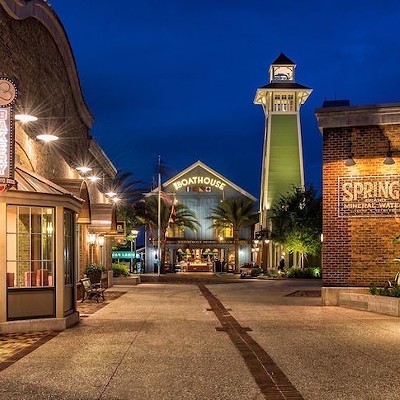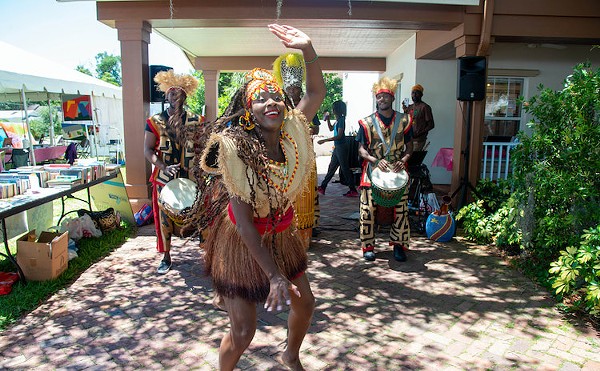Homer's "Odyssey" meets the Depression-era South, a smorgasbord of beautifully rich bluegrass, country and gospel music, allusions to Old Hollywood and a trio of bumbling chain-gang escapees in "O Brother, Where Art Thou?" The Coen brothers, director Joel and producer Ethan, are perhaps the only two Hollywood filmmakers able and willing to attempt such a feat. So they pile on the giddy, unkempt performances, self-effacing lines and quirky pop-culture references, blotting out the dark elements of "Fargo" or "Blood Simple" in favor of the gleeful energy of a "Raising Arizona."
The Coens, steadily, slyly subverting our expectations for where the whole thing is going, nearly manage to pull it off. It's a comic kick watching Clark Gable-type Ulysses Everett McGill (George Clooney, sportingly silly) and his dimwitted sidekicks Pete (Coen favorite John Turturro) and Delmar (Tim Blake Nelson) escape from a chain gang and bumble their way across the backwoods and small towns of rural Mississippi.
They're on a quest, you see, as is easily ascertained by the railcar-riding blind man who serves as an oracle: "You will find a fortune but not the fortune you seek," he pronounces. And so the seekers seek, stopping by a river baptismal for a little Christian redemption, picking up itinerant guitar-carrying musician Tommy Johnson (Chris Thomas King) at the crossroads and faking their way through old-time music at a radio station. They call themselves the Soggy Bottom Boys and inadvertently become national recording sensations.
The long road to the hoped-for buried cash and Ulysses' reunion with a particularly ornery Penelope (Holly Hunter), is marked by a series of treacherous obstacles, including a trio of sexy sirens with the singing voices of Alison Krauss, Emmylou Harris and Gillian Welch; a Cyclops in the form of a one-eyed Bible peddler (John Goodman, another Coen regular) and a local Klan chapter whose members are inclined to turn chapter meetings into elaborately choreographed routines straight out of a Busby Berkeley musical.
Oh yeah, they also hitch a wild ride with a babyfaced bank robber by the name of George Nelson (Michael Badalucco), and take time to help the campaign of Governor Pappy O' Daniel (Charles Durning), engaged in a re-election contest with a racist reform candidate. The latter, Homer T. Stokes (Wayne Duvall), demonstrates his support for "the little man," with the help of an actual midget (Ed Gale). Political gimmickry and dirty tricks weren't born overnight.
"Oh Brother" is packed with appealing moments certain to be recalled fondly -- the generally laid-back Ulysses losing his cool when he runs out of Dapper Dan pomade, the Klan's giddy dance number, Durning's engaging performance of "You Are My Sunshine," and the Foggy Mountain Boys' stirring renditions of traditional favorite "Man of Constant Sorrow."
Too bad the Coens' narrative, which tends to lurch rather ungracefully from episode to episode, doesn't add up to anything more than a broadly entertaining mishmash. The film, which takes its title from the name of Joel McCrea's dream-project movie in Preston Sturges' 1941 "Sullivan's Travels," is a literate, soulful, goofy, lovable mess of Americana.
















